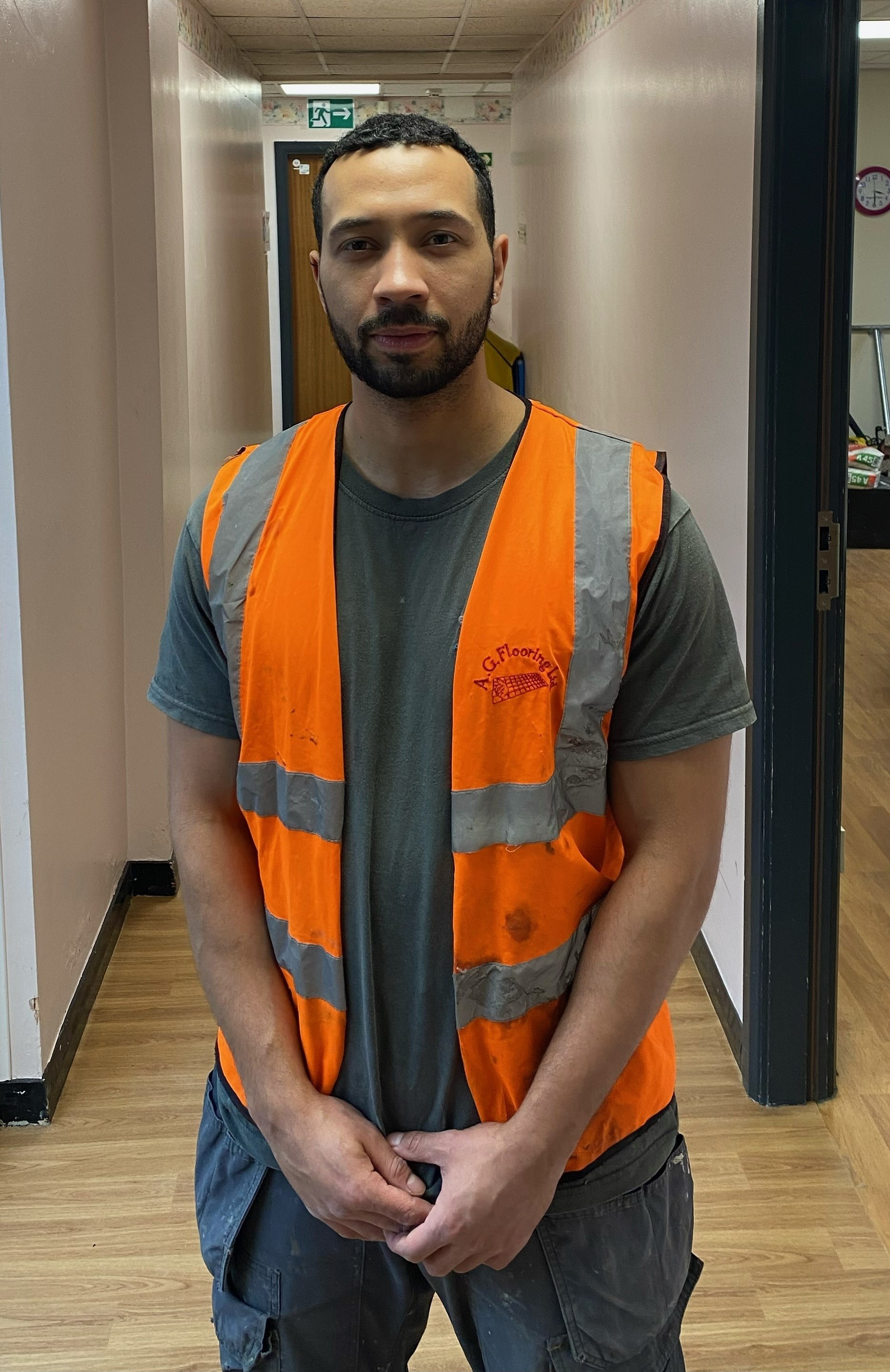Apprenticeships in England
Apply for apprenticeships in England
Floorlayers are trained in subfloor preparation and installing a range of floor coverings in commercial locations and site conditions. Commercial floorlayers will install textile, resilient, wood and tile products on commercial sites, in public spaces and industrial buildings.
£17000
-£45000
45-50
There are several routes to becoming a commercial floorlayer.
Most start out by beginning an apprenticeship which includes both on and off-the-job training. Some find employment with a flooring contractor and learn on-the-job alongside short courses and may eventually complete a qualification once competency can be shown.
You should explore these routes to become a commercial floorlayer to find out which is the right one for you. Although some of these options have certain qualification requirements, many employers are more interested in people who are enthusiastic, willing to learn and can follow instructions.
You may need a Construction Skills Certification Scheme (CSCS) card to work on a construction site.
A range of training providers offer training which will help you start your career as a commercial floorlayer. Information on types of training providers offering training can be found in the Contract Flooring Industry training guide.
You could also study short courses delivered by the Flooring Industry Training Association (FITA), a not-for-profit training organisation supported and co-founded by the Contract Flooring Association (CFA) and the National Institute of Carpet and Floorlayers (NICF).
Find out what the entry requirements are where you live.
An apprenticeship with a commercial flooring contractor is a great way into the flooring industry.
The Floorlayer Apprenticeship Standard in available in England, this is a 30–36 month apprenticeship. The Floorcovering Occupations (Construction) Modern Apprenticeship in Scotland is a 4-year apprenticeship
Apprenticeships are open to anyone over the age of 16. As an apprentice, you will be fully employed by a company and expected to work a minimum of 30 hours a week. Your time will be split between on-the-job experience and a college or training provider.
Find out what the entry requirements are where you live.
If you have some basic experience, you could apply directly to a commercial flooring contractor to gain on-site experience as a commercial floorlayer. You might start out as a labourer to a more experienced floorlayer and progress as your abilities improve. You may also attend short duration training courses to learn valuable knowledge and skills needed from training providers and manufacturers.
Work experience is essential to gaining employment within the construction industry. You could gain this at school, or by working weekends and holidays with a company or relative who works as a commercial floorlayer. Potential employers will always be pleased to see work experience listed on your CV.
Additional skills which may benefit anyone considering a job as a commercial floorlayer include:
To become a Commercial Floorlayer, you could complete a:
To become a Commercial Floorlayer, you could complete a:
To become a Commercial Floorlayer, you could complete a:
As a commercial floorlayer you will be responsible for the preparation and installation of a range of floor coverings in commercial and site conditions including textile, resilient, wood, tile and resin products.
The job role of a commercial floorlayer includes the following duties:

Jordan Gayle
Jordan Gayle is a commercial floorlayer for A G Flooring Ltd in Greater Manchester.
The expected salary for a commercial floorlayer varies as you become more experienced.
Hours and salary depend on location, employer and any overtime you may do.
* Salaries have been collected from multiple industry sources
Check out the latest commercial floorlayer vacancies:
As these are external websites, the number of vacancies related to your preferred role may vary. New opportunities will be posted as they come up.
With experience, you could become a team supervisor, estimator or contracts manager.
You could move into areas like buying and product sales.
You could also start your own business in laying carpets and flooring or work as a subcontractor.
Explore the progression opportunities below